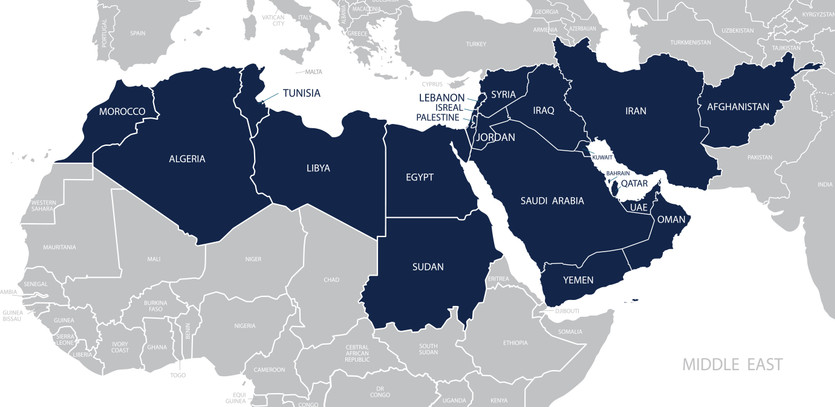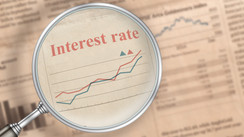The geopolitical implications of Israeli-Hamas conflict
The escalating war between Israel and Hamas is drawing attention towards the intensifying geopolitical threats for global financial markets. Investors are on tenterhooks as they watch to see if this conflict will pull in additional nations, potentially pushing oil prices higher and delivering another blow to the global economy.
Israeli Prime Minister, Benjamin Netanyahu, made a firm promise on Sunday to "bring down Hamas," as his military planned ground operations in Gaza to eliminate the militant organisation. This follows their shocking violent spree through Israeli border towns, startling the Israeli populace.
Oil prices rise, other financial markets respond
On Friday, oil prices surged by nearly 6%, reflecting investors' awareness of a potential larger Middle East conflict. The first displays of reaction to the recent events are likely to be seen from oil trading in Asia later on Sunday.
A senior fellow at the Center for Strategic and International Studies (CSIS), Ben Cahill stated, “We seem to be moving towards a massive ground invasion of Gaza with extensive loss of life. Markets will of course react to conflicts on such a scale".
The reaction of markets over the past week has been comparatively mild, even though the Israeli shekel took a significant downturn.
Erik Nielsen, the Group Chief Economics Advisor at UniCredit, expressed uncertainty stating, "I am unsure if markets will maintain their current relative stability. The development largely depends on whether this conflict stays local or transcends into a wider Middle Eastern war".
The S&P 500 dipped by 0.5% on Friday, while safe-haven assets witnessed an increase with gold surging over 3% on Friday and the U.S. dollar reached a one-week high.
Escalating conflict and potential economic consequences
Regarding potential economic consequences, Bernard Baumohl of The Economic Outlook Group suggested that an expanded conflict might fuel inflation and consequently, global interest rates might also spike. Baumohl pointed out an interesting anomaly, however; The United States might be exempted from this effect, as foreign investors consider it a safe haven amidst global conflict.
The escalating war between the Islamist group Hamas and Israel constitutes one of the most significant geopolitical threats to oil markets since the invasion of Ukraine by Russia last year.
"The Ukraine war was a stark reminder not to downplay the repercussions of geopolitics," says George Moran, a Nomura European economist.
There may be a ripple effect across other energy markets as seen in the recent announcement by Chevron suspending their natural gas exports via a critical subsea pipeline linking Israel and Egypt.
Looking ahead in the face of rising oil prices
Despite rising oil prices, analysts suggest that U.S. gas prices and consumer spending will remain largely unaffected. Nevertheless, the situation requires vigilant monitoring, says Cresset Capital's Chief Investment Officer Jack Ablin. "A sudden disruption in oil production or transportation will not just create problems for economies but also for markets", warns Ablin.
To hedge against geopolitical uncertainties, Ablin suggests looking at investments in oil, oil company stocks, commodities in general and specifically gold.





